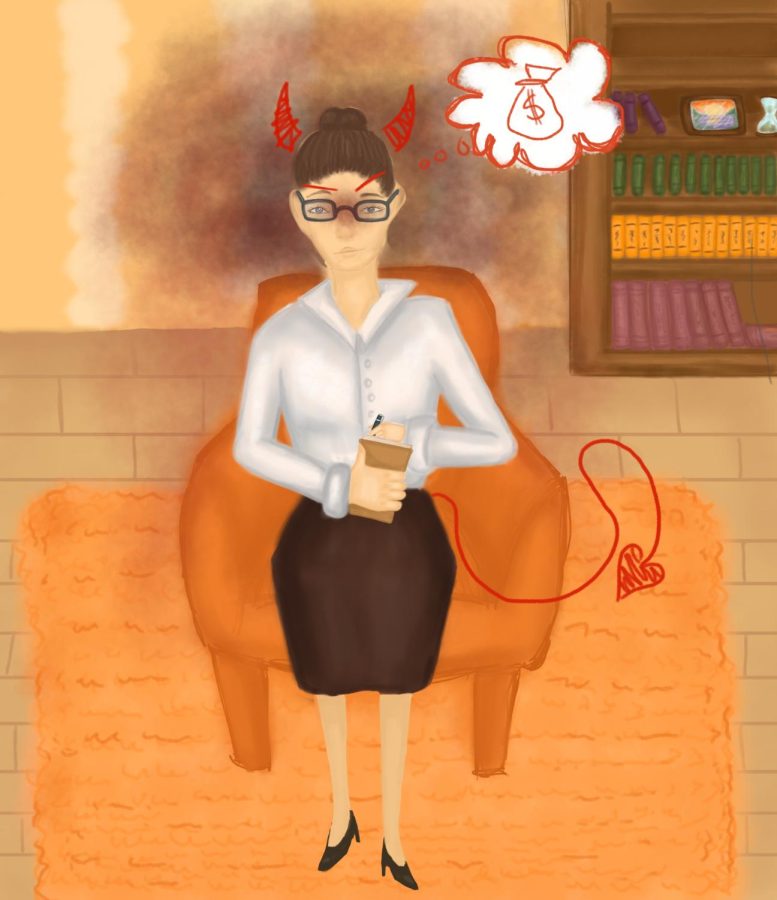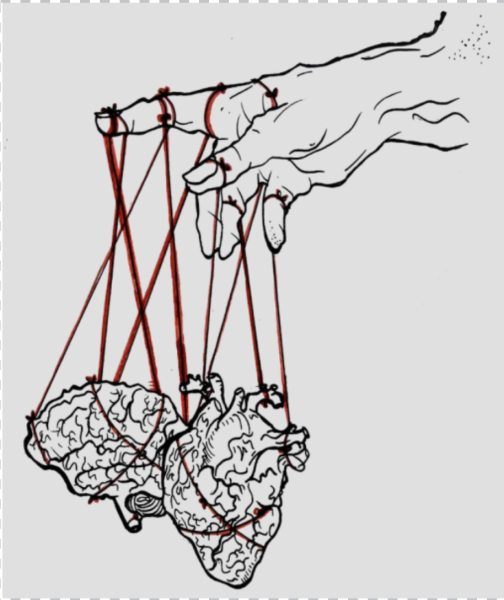Shrink-ing Stigma
When you think of the word ‘therapy’, what comes to mind?
For me, it was feelings of anger and disgust. I grew up thinking that counseling was only for those who had serious problems. Why would I go to therapy? The way I saw it, if I went to therapy, that would mean there’s something wrong with me. Something that needed “fixing”. Above all, it would mean admitting that I needed help.
I have always been an independent person. If you do everything by yourself, you can’t blame your mistakes on other people. I hated being vulnerable and dependent – it made me feel weak. The first time my mom took me to see a therapist, I was so angry I barely said a single word. It didn’t matter what the lady said because I was not listening anyway. I refused to go back, even though I knew a part of me really needed someone to talk to. I had been keeping so many emotions bottled up, that sometimes I would just explode. All that fear, sadness, stress, and anger would all come out at once, making me more miserable than ever.
A few months after that whole fiasco, I couldn’t take it anymore. It was one of the hardest things I’ve done, but I finally asked my mom to send me back. It took a lot of strength, but then I realized that asking for help, and accepting it, is the hardest part. I learned that anyone can go to therapy. According to TalkSpace, the literal definition of therapy is “the process of working with a licensed therapist or counselor to develop positive thinking and coping skills to treat specific mental health conditions, or simply the daily human challenges we all face.” We all have challenges that we face, and sometimes it can get overwhelming. Some feel comfortable sharing their thoughts with family members and close friends. Others tend to keep their feelings to themselves, possibly leading to unhealthy coping mechanisms. Everyone needs someone to talk to – whether it is about something serious, or just to talk about your day.
Therapy is an opportunity to talk to someone who has the undivided attention that can help you process your thoughts. The first few sessions can be a little awkward because – let’s be honest – it is not easy to share all your deepest secrets with someone you have just met. At the end of the day, you are in charge of your own self-improvement. A counselor can only help guide you using the information you have told them. Yes, it can be intimidating to share such intimate details about your life, but it allows you to share that weight with someone else who you can trust to keep it private. Friends are great, don’t get me wrong. In fact, I think I confide in my closest friends more than I do my own family. However, there is always that small part of me that is reluctant to share certain things with them in fear that they will judge me, or worse, tell other people all the gory details. I do not want to burden them with my baggage. I am sure that there are many others who, like myself, value privacy when talking about their personal lives. But privacy should not be used as an excuse to conceal things you need to get off your chest (trust me – I learned the hard way).
By going to therapy, I have been able to recognize the positive and negative qualities of both myself and those around me. Every week I learn something new about myself. My favorite thing about therapy is that every time I leave, I feel a sense of relief and achievement. Some days are harder than others, but I am still learning. A year ago, I never would have imagined myself writing an article like this. If I can learn, so can you. Your feelings are valid and they deserve to be heard.

Hi! My name is Ayana and I am 18 years old. I enjoy writing opinion articles and I also manage The High's social media @thehighisl - follow us on Instagram...
It is my third year as an illustrator in the High,




